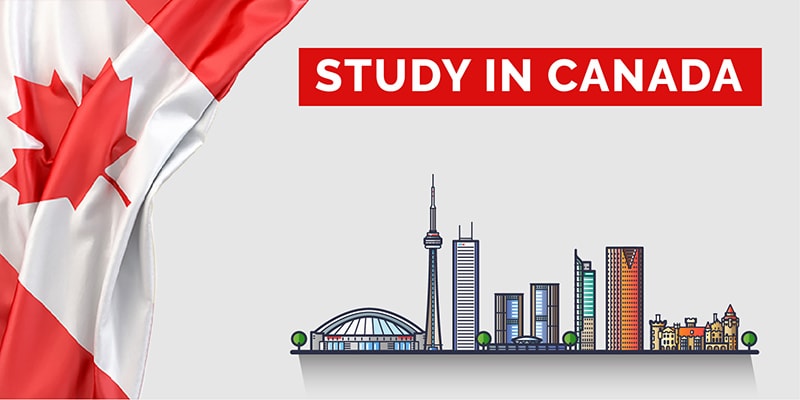Have you ever thought of study in Canada? It’s known to be one of the best destinations in the world, especially if you want to get your degree from one of the best universities in Canada! In order to find the school that’s right for you, it helps to have all the information in one place – this guide to study in Canada has everything you need to know from application procedures and scholarship opportunities to housing options and student life. First, though, you should understand what makes Canada such an ideal destination for international students. Take a look!
Why study in Canada ?
